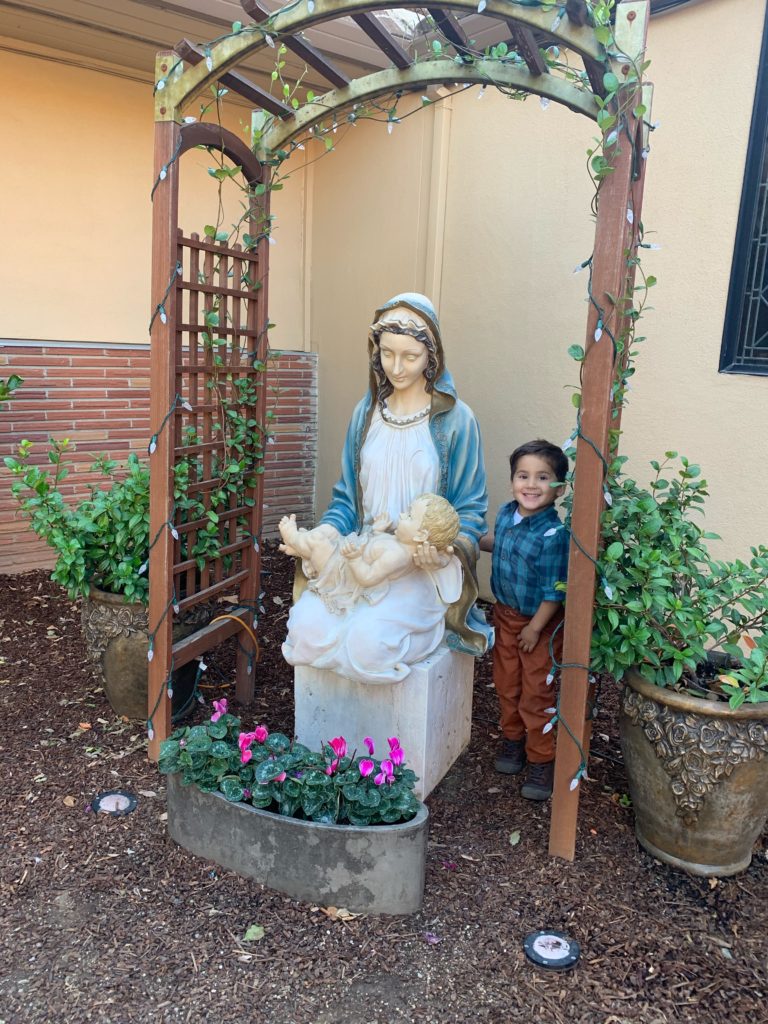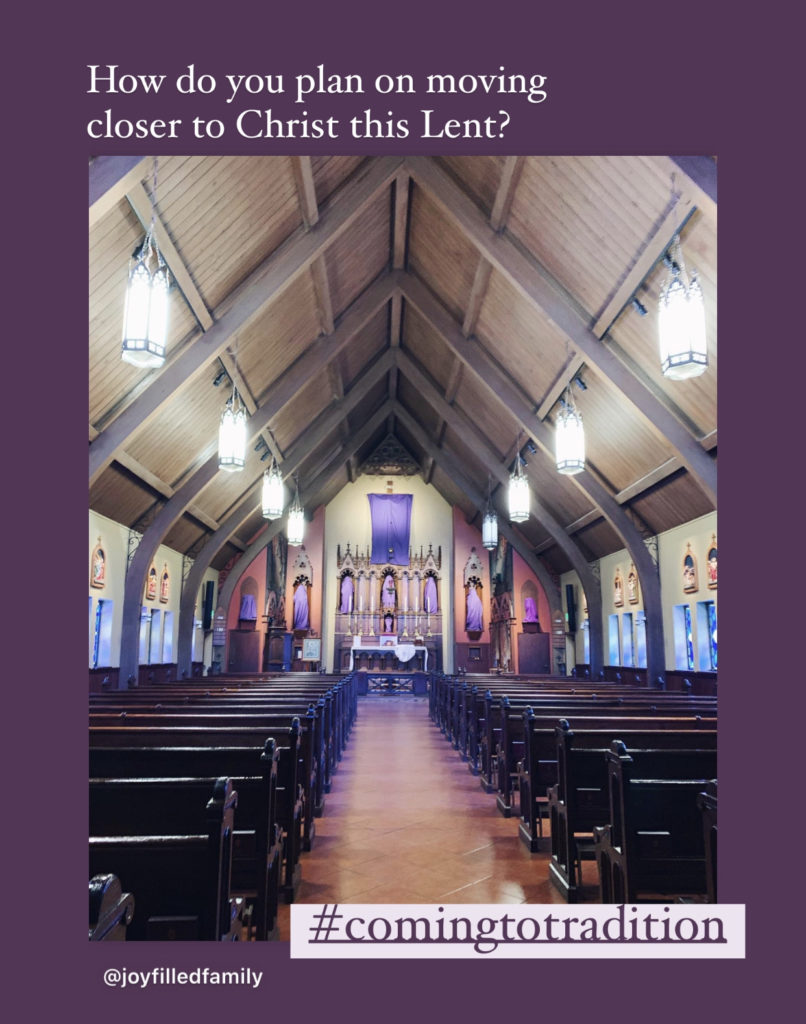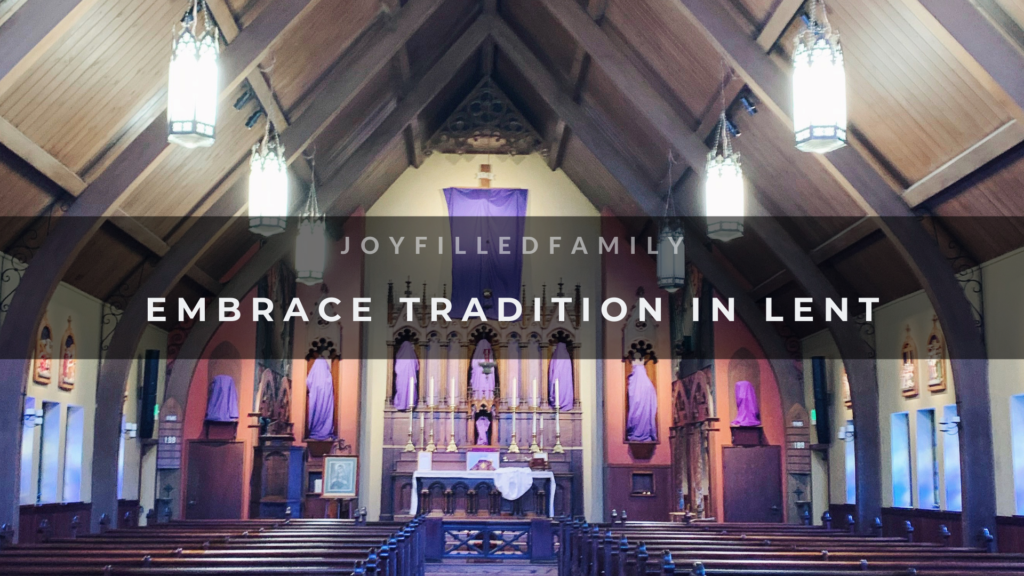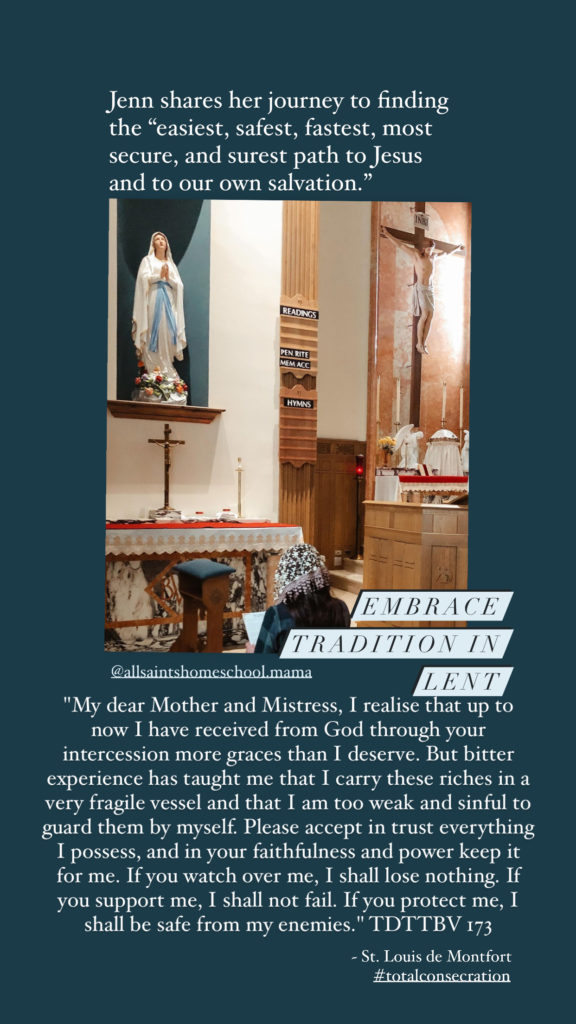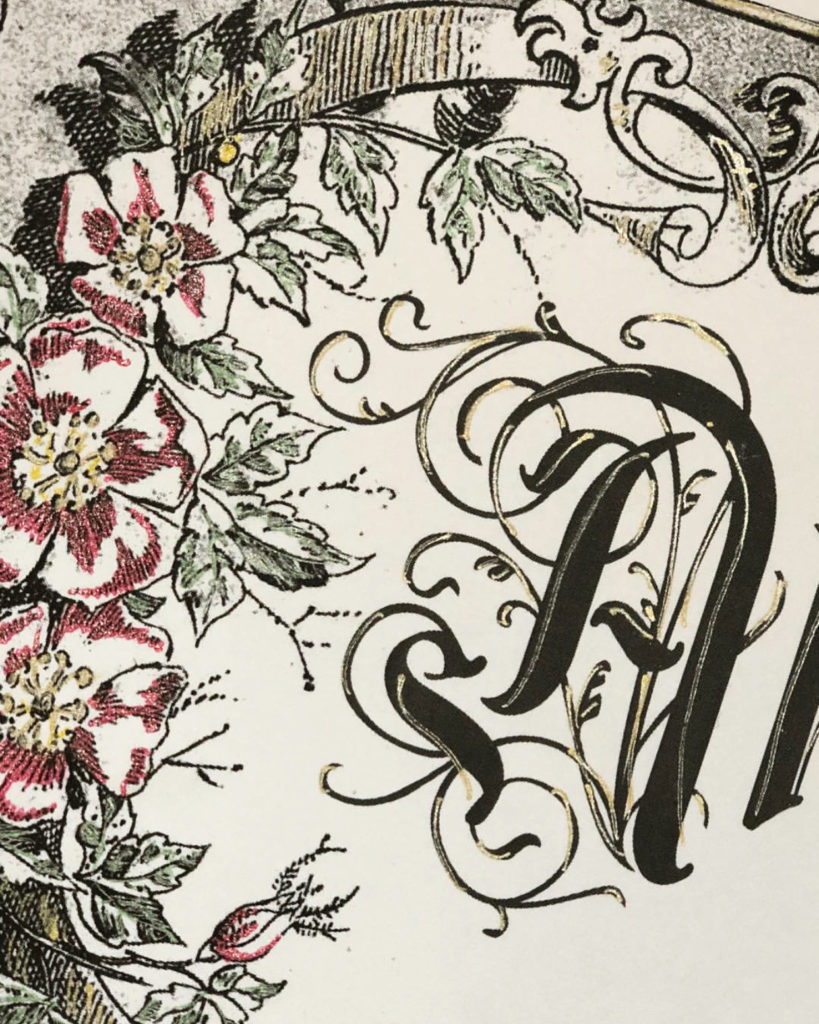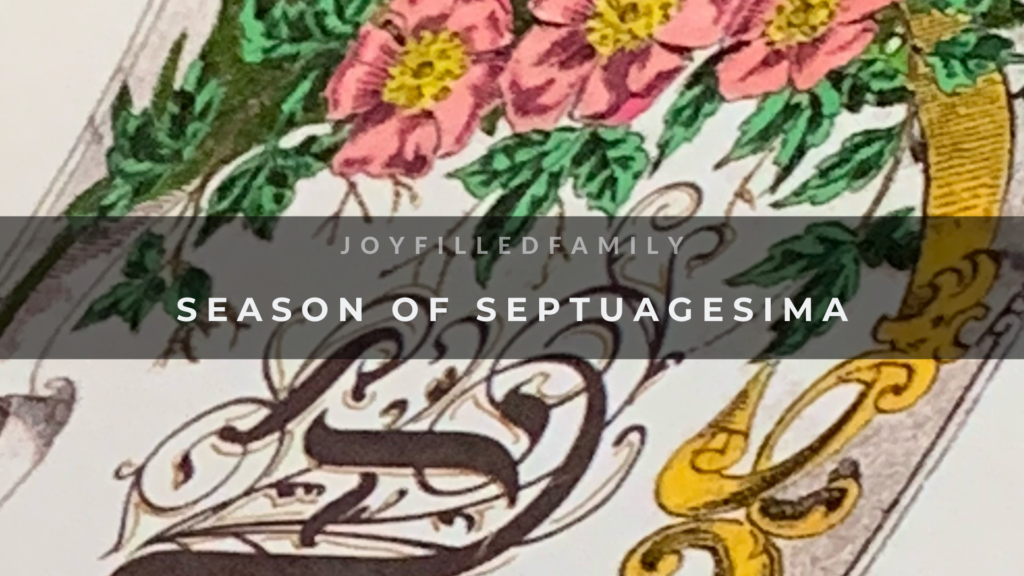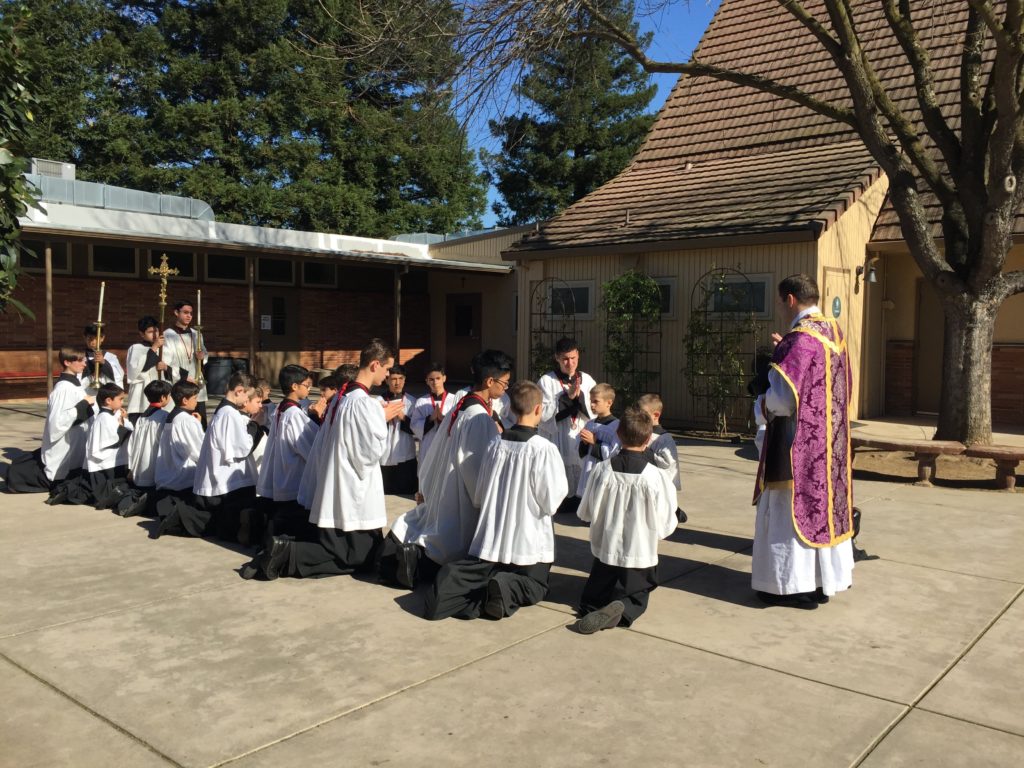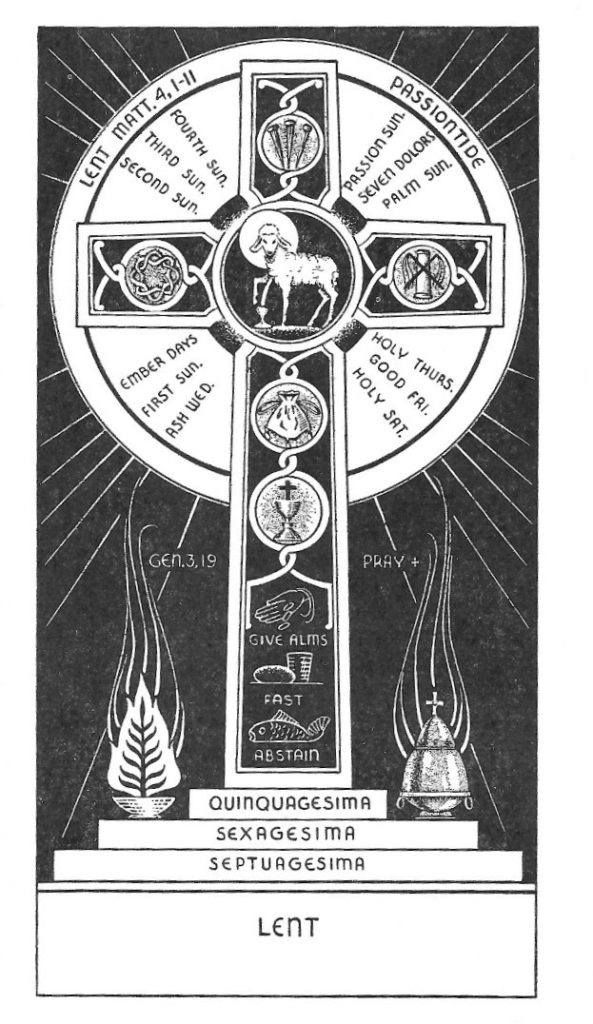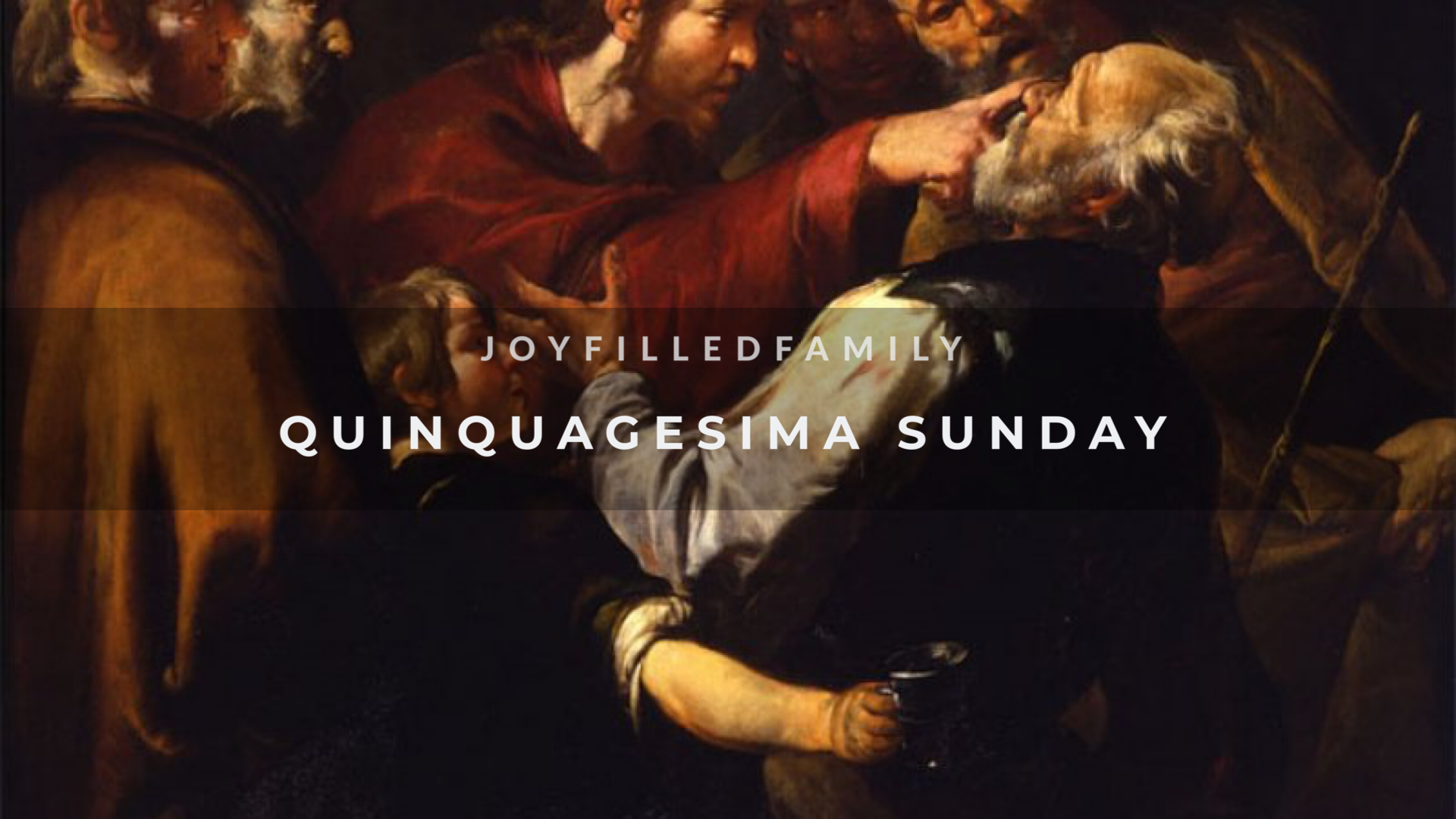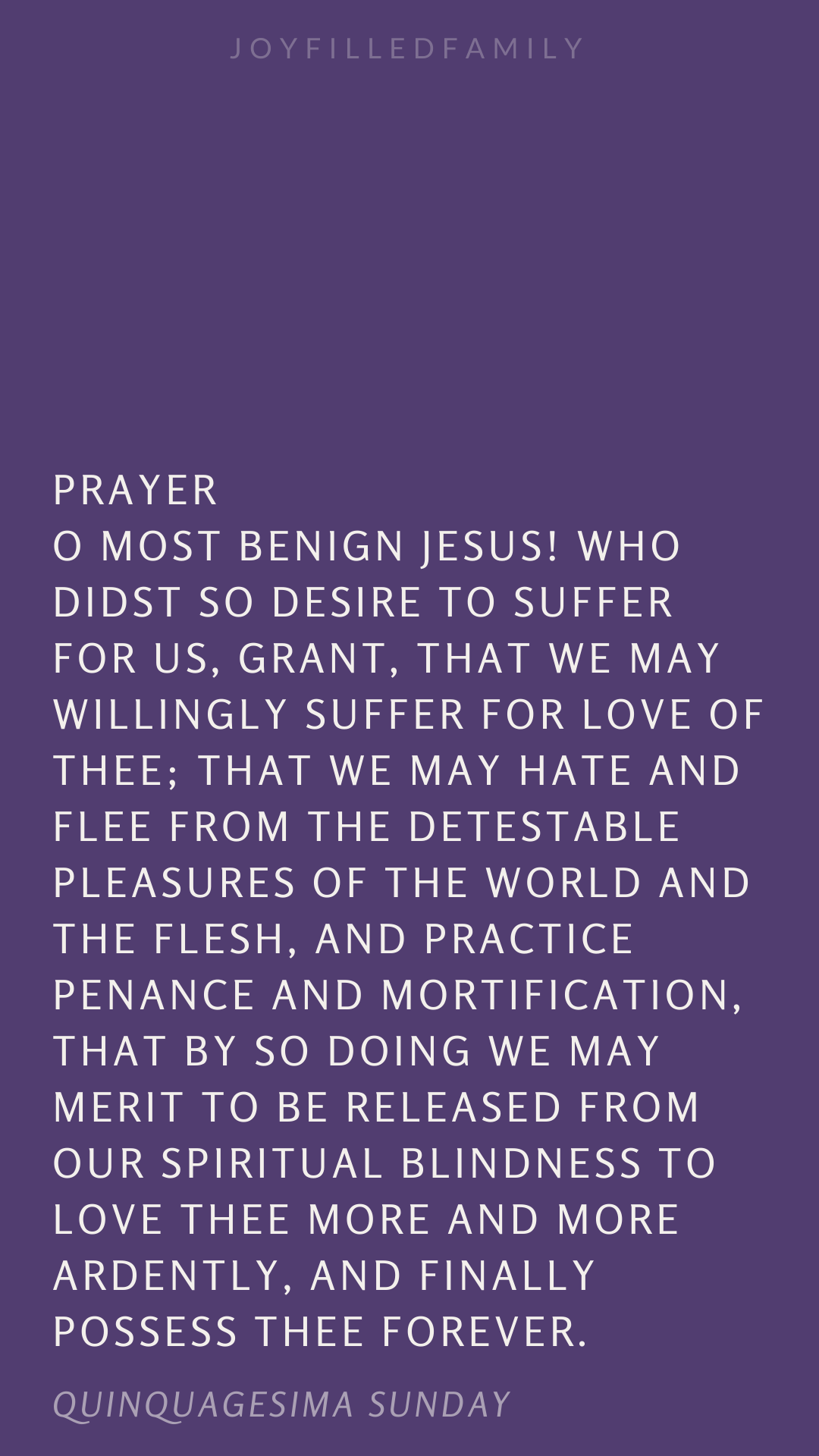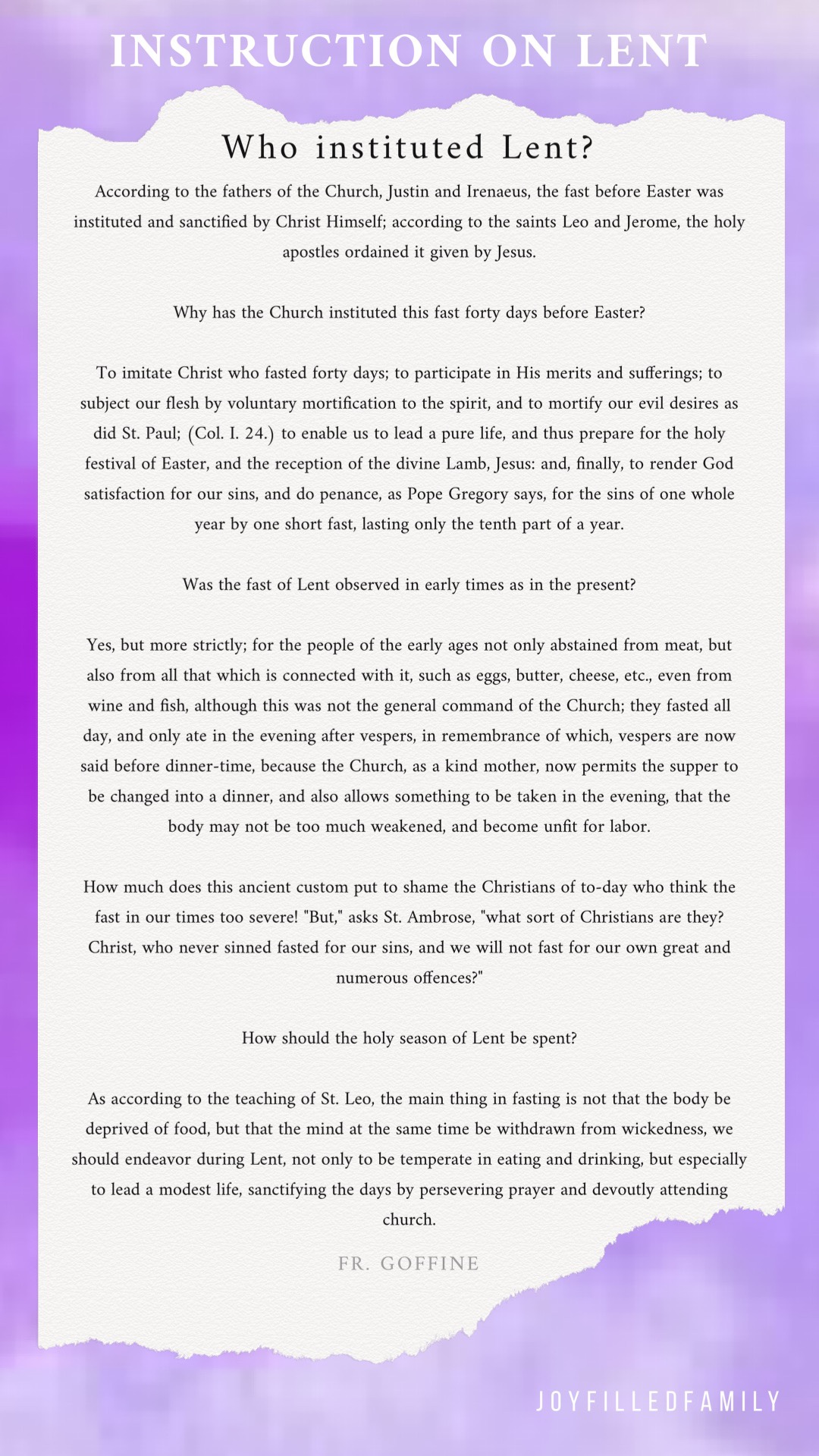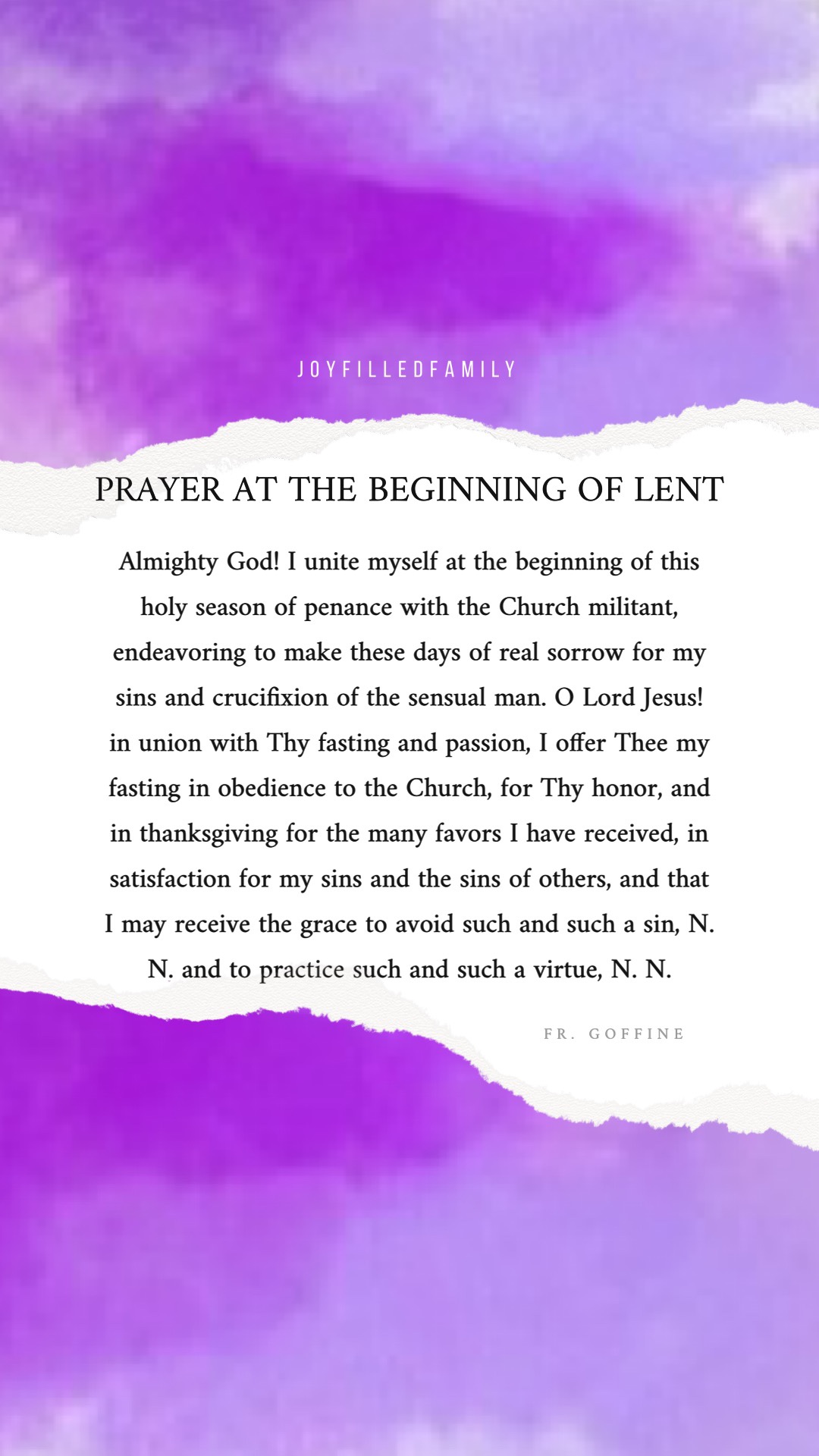Let’s talk about returning to TRADITION. First it’s helpful to define terms. Here I’m not speaking about fleeting preferences, opinions, or nostalgias. I’m speaking directly to the heart of the faith — the true Mass.
“The Sacrifice of the Mass is the Sacrifice of the Cross itself; and in it we must see our Lord nailed to the Cross; and offering up his Blood for our sins, to his Eternal Father.” – Dom Prosper Gueranger
Archbishop Lefebvre explained…without sacrifice there is no love; without love, no Christianity nor Catholic society. The reduction or obliteration of the notion of sacrifice breaks up both. For this reason we see the decline in those assisting at Mass, the breakup of marriages and families, the disappearance of Catholic politics. The traditional rite of Mass means submission, obedience, love of God and neighbor. The new rite places humanity and its supposed rights in the center. The old rite means self-denial, giving, and service; the new rite means self-realization.
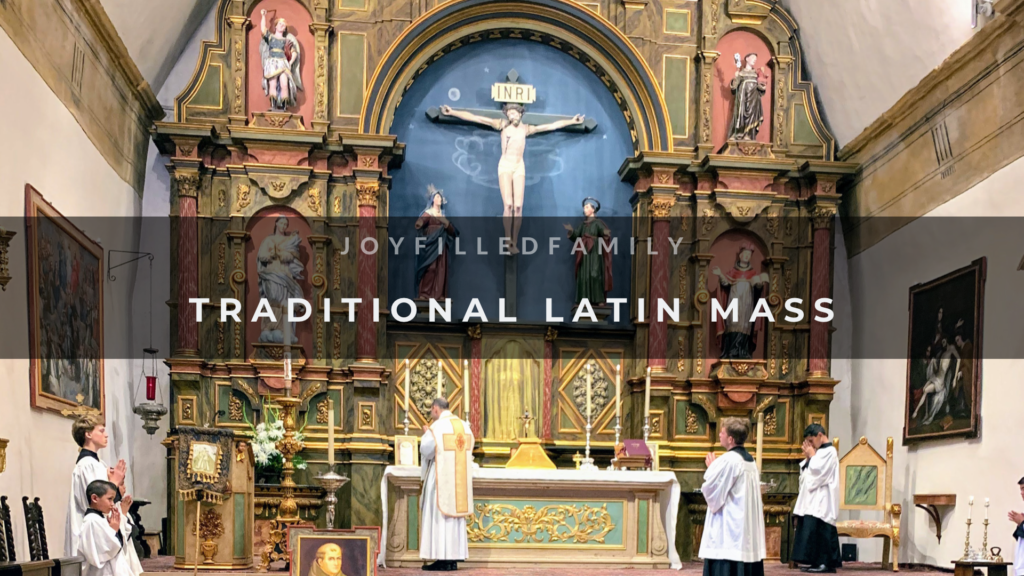
The following list is not meant to be a list of “must-dos” but suggestions on how to go deeper into the riches of the traditions of the Faith.
Start where you can, ideally start with attending the Tridentine Mass (TLM), and work from there as you discern best.
- Attend the TLM. Make all the sacrifices necessary to attend the TLM at a traditonal parish where it is exclusively offered. Do not be put off by your perception of the people or any other possible barriers. Keep your focus on Christ and but be renewed by the true sacrifice being offered as it has been offered for centuries. If you already attend, attend the TLM exclusively. If you already attend the TLM exclusively, work on the following.
- Study the Holy Mass
- Pray the Divine Office — start with Prime & Compline, add other hours as you’re able.
- Read from a traditional Catechism such as the Catechism Council of Trent, Baltimore Catechism, and My Catholic Faith.
- Read the daily readings from your 1962 (or earlier) Daily Missal and use the Douay–Rheims Bible. Read it from cover to cover. It is truly all one needs to live the liturgical year, well. Read the daily readings.
- Follow the Traditional Calendar of the Church and read the lives of the saints, daily.
- Perform at least 15 minutes of spiritual reading, daily. Make your selections from the great saints, Fathers, and Doctors of the Church.
